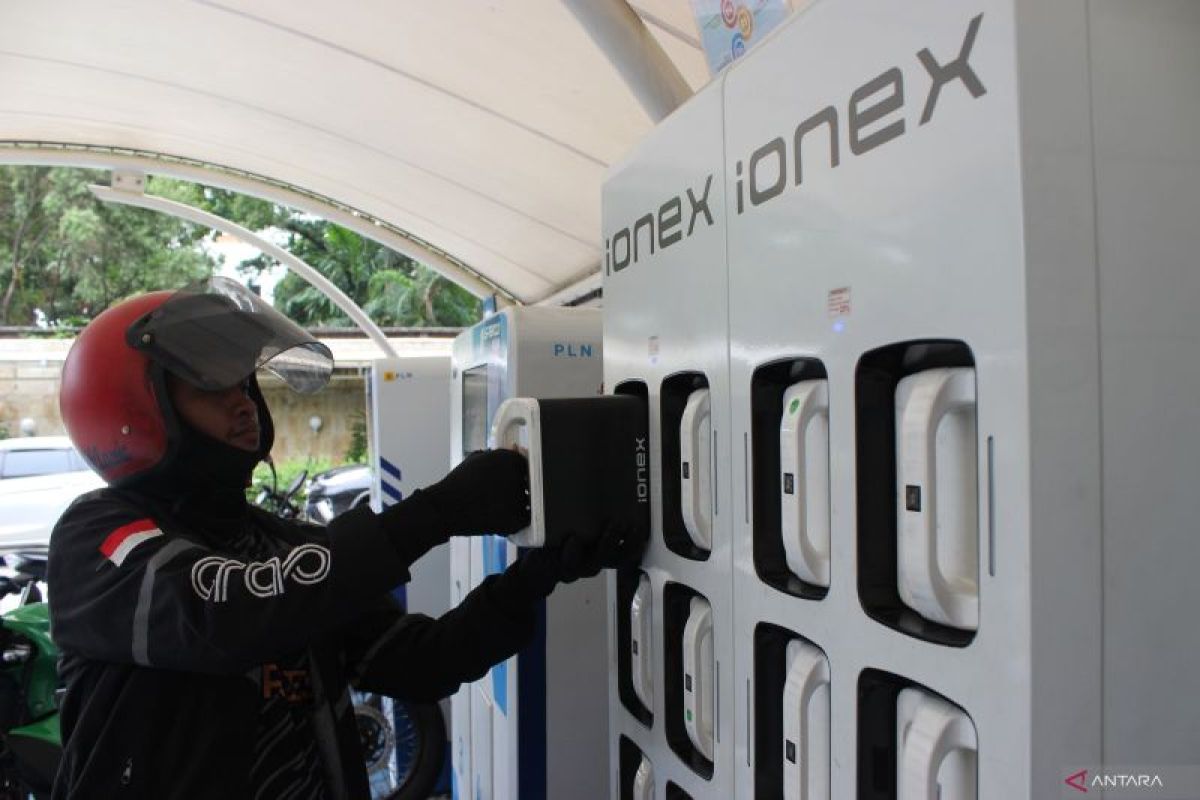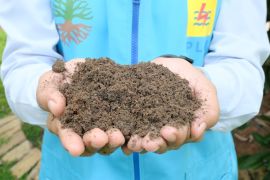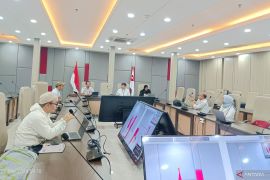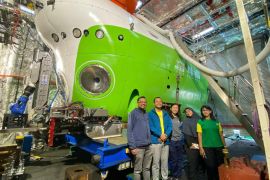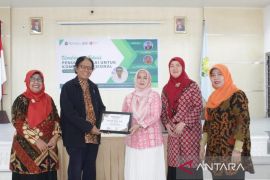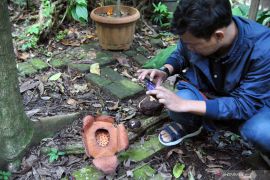As quoted in a BRIN press release here on Friday, BRIN Nanotechnology System Research Center researcher Octia Floweri stated that recycling used batteries can be carried out using pyrometallurgy, hydrometallurgy, and direct recycling.
Pyrometallurgy is a method of recycling used batteries by heating them at high temperatures. This method produces pure metal but requires a large amount of energy.
The hydrometallurgy method involves dissolving metal of used batteries using chemical solutions and can produce pure metals with lower energy as compared to pyrometallurgy.
The recycling method is carried out by converting used batteries into new battery cathodes. This method has the lowest energy consumption but can only be done on certain types of batteries.
Related news: Battery production key to reach net-zero target: BRIN researcher
Hence, Floweri and her team, part of the Low Dimensional Functional Materials Research Group, developed a new method of recycling used batteries using the hydrometallurgy method and ascorbic acid research.
"This method produces pure metals with high efficiency and low energy," she remarked.
Development of the battery recycling method was carried out in collaboration with Osaka University, Kumamoto University, Ming Chi University of Technology of Taiwan, Bandung Institute of Technology (ITB), and UPSI Malaysia.
Floweri expressed hope that the research can be a solution to overcome environmental problems and reduce dependence on the mining industry.
Meanwhile, the government has encouraged managing used batteries with a circular economy approach so as to not harm the environment and provide economic added value.
The circular economy approach that focuses on reducing, reusing, and recycling activities will lower primary consumption and waste production.
Related news: Need lithium research to support electric battery production: BRIN
Related news: BRIN prioritizes research supporting battery technology
Translator: Sugiharto P, Kenzu
Editor: Yuni Arisandy Sinaga
Copyright © ANTARA 2024
